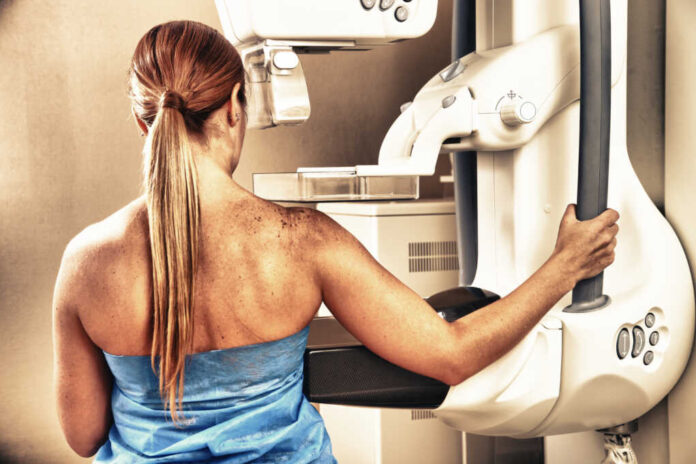
Getting screened for cancer before you feel any symptoms can help find it early. When cancer is caught early, treatment can work better.
Certain cancers can be detected through screening tests, while others don’t have reliable screening methods yet. Scientists are actively researching to develop new screening tests.
Currently, screenings are available for the following types of cancer:
- Breast cancer
- Cervical cancer
- Colorectal cancer
- Head and neck cancers
- Lung cancer
- Prostate cancer
- Skin cancer
But, Is Cancer Screening Good for You?
As you reach middle age, you might start considering cancer screenings, especially for breast and prostate cancer, which are common in the United States. But should you get screened?
Well, it’s not a straightforward answer. Screening guidelines vary, and different organizations have different recommendations. For example, the U.S. Preventive Services Task Force (USPSTF) suggests that women between 40 and 49 should decide individually about mammograms every two years, taking into account their values and risks. On the other hand, the American Cancer Society (ACS) recommends yearly mammograms for women aged 40 to 44, and then annually or biennially from 45 to 54, depending on preference.
For prostate cancer, the USPSTF advises against routine PSA testing, but suggests discussing it with your doctor if you’re between 55 and 69. The American Urological Association recommends discussing it with your doctor if you’re at average risk in this age group.
These differences in recommendations stem from various interpretations of available data and focus areas of different organizations. The USPSTF, for instance, is cautious about potential harms of screening. But overall, the decision to screen should consider individual values and preferences.
Before deciding, it’s crucial to clarify your own values. Some may prioritize early detection, while others might be concerned about potential harms like anxiety from false positives. It’s also important to weigh your risk factors and understand the pros and cons of screening.
Talking to your doctor is key. They can help you understand the risks and benefits and guide you in making an informed decision. It may take multiple discussions to fully grasp the options and align them with your values.
Ultimately, the decision to screen or not is personal. It’s about finding what’s right for you, based on your values and understanding of the risks and benefits. And remember, it’s okay if your decision differs from your doctor’s recommendation—it’s about what’s best for you.
Understanding the Risks of Cancer Screening
While cancer screening can be valuable in detecting cancer early, it also comes with potential risks that are important to consider before undergoing screening:
- False Positives: Occasionally, screening tests may incorrectly indicate that a person has cancer when they do not. This can lead to unnecessary anxiety and stress.
- False Reassurance: Conversely, screening tests may wrongly indicate that a person doesn’t have cancer when they actually do (false negative). As a result, individuals may not receive the treatment they need, believing they are cancer-free.
- Over-diagnosis: Screening tests may detect slow-growing cancers that would not have caused harm during a person’s lifetime. Consequently, individuals may undergo unnecessary and potentially harmful treatments that they didn’t need in the first place.
- Increased Testing: False positives and over-diagnosis may prompt doctors to conduct further tests that aren’t necessary. These additional tests can be invasive, costly, and cause undue stress.



















